Service hotline
+86 0755-83044319
release time:2023-10-20Author source:SlkorBrowse:9663
The Israeli-Palestinian conflict has escalated. As of October 14, 2023, the Palestinian Ministry of Health reported that this round of conflict has resulted in 1,949 deaths and over 8,600 injuries on the Palestinian side. Israeli sources claimed that over 1,300 people have died on the Israeli side, with at least 3,484 injured.
The impact of the conflict has spread to the chip supply chain. It is reported that Intel and Tower Semiconductor have partially halted operations in their wafer fabs in Israel. The production and logistics of Israel's electronic supply chain have also been affected.
Israel, a "tiny state" located in the Middle Eastern desert, is indeed a "chip kingdom." It is home to nearly 200 chip companies, with giants such as Broadcom, Qualcomm, and Samsung conducting R&D activities in Israel. Intel and Tower Semiconductor also have several wafer fabs in Israel. In the first half of this year, Intel announced plans to invest a whopping $25 billion in building new factories.
Why has Israel become a "chip kingdom"?
I. Israel is not a semiconductor "haven".
Israel, with an area less than one-third of Chongqing and a desert coverage of two-thirds, has a population of less than 10 million. Despite these harsh conditions, it is home to nearly 200 chip companies and serves as a research and development hub for giants like Apple, Samsung, and Qualcomm. With its high-tech industry, Israel has become the only developed country in the Middle East.
How did Israel achieve this and what has its semiconductor industry gone through?
Over 3,000 years ago, the prophet Moses led the Jewish people out of Egypt and into the land of Canaan, between the Nile and Euphrates rivers, which they believed was the "Promised Land" given to them by God, a land flowing with milk and honey.
After being conquered by the Roman Empire, the Jewish people began over 2,000 years of exile. It was not until 1948 when Israel was established as a nation, finally providing a homeland primarily for the Jewish people who returned to their "Promised Land".
However, Israel did not have milk and honey.
It is the only country in the Middle East without oil and natural gas reserves. With an area of only 25,700 square kilometers, it has barren land, water scarcity, and geopolitical instability. The conflicts with surrounding Arab nations have never ceased. One could say that Israel had no inherent advantages in terms of its initial conditions.
Yet, Israel is the only developed country in the Middle East, with a per capita GDP reaching $54,710 in 2022, ranking 14th in the world.
Analyzing Israel's industrial structure, the tertiary sector accounted for a significant 70% of its GDP in 2022, with high-tech services clearly surpassing traditional services. In addition, in 2021, high-tech exports accounted for 54% of Israel's total exports. It can be said that the high-tech industry is the backbone of the Israeli economy, with the semiconductor industry, which accounts for 16% of high-tech product exports, being particularly remarkable.
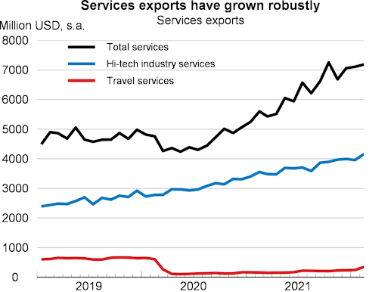
Israel: Economic Activities and Labor Market Indicators of the Service Sector.
Israel's semiconductor industry did not have an early start, but it developed quickly and became a leading region in the world of semiconductors within a short period of time.
To be continued...
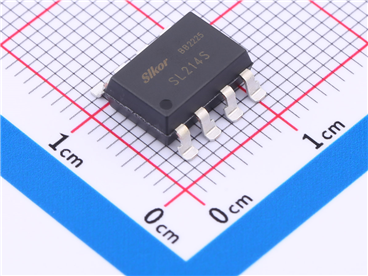
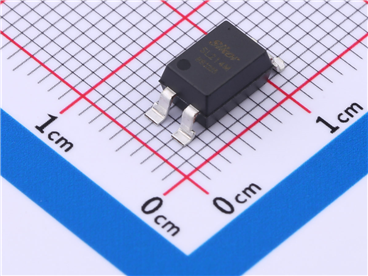
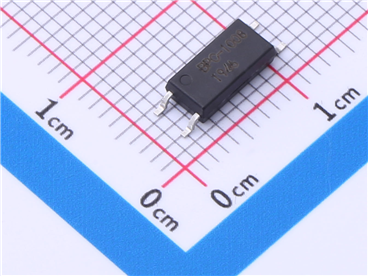
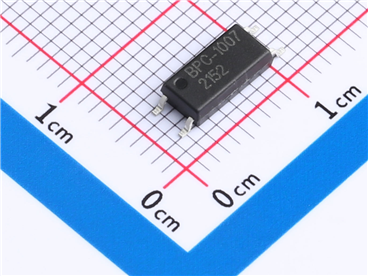
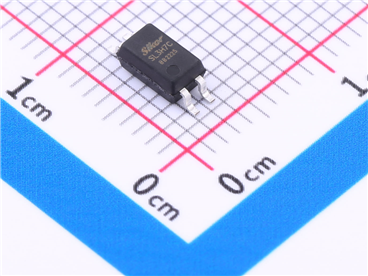

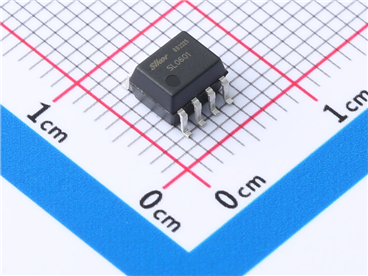


Site Map | 萨科微 | 金航标 | Slkor | Kinghelm
RU | FR | DE | IT | ES | PT | JA | KO | AR | TR | TH | MS | VI | MG | FA | ZH-TW | HR | BG | SD| GD | SN | SM | PS | LB | KY | KU | HAW | CO | AM | UZ | TG | SU | ST | ML | KK | NY | ZU | YO | TE | TA | SO| PA| NE | MN | MI | LA | LO | KM | KN
| JW | IG | HMN | HA | EO | CEB | BS | BN | UR | HT | KA | EU | AZ | HY | YI |MK | IS | BE | CY | GA | SW | SV | AF | FA | TR | TH | MT | HU | GL | ET | NL | DA | CS | FI | EL | HI | NO | PL | RO | CA | TL | IW | LV | ID | LT | SR | SQ | SL | UK
Copyright ©2015-2025 Shenzhen Slkor Micro Semicon Co., Ltd